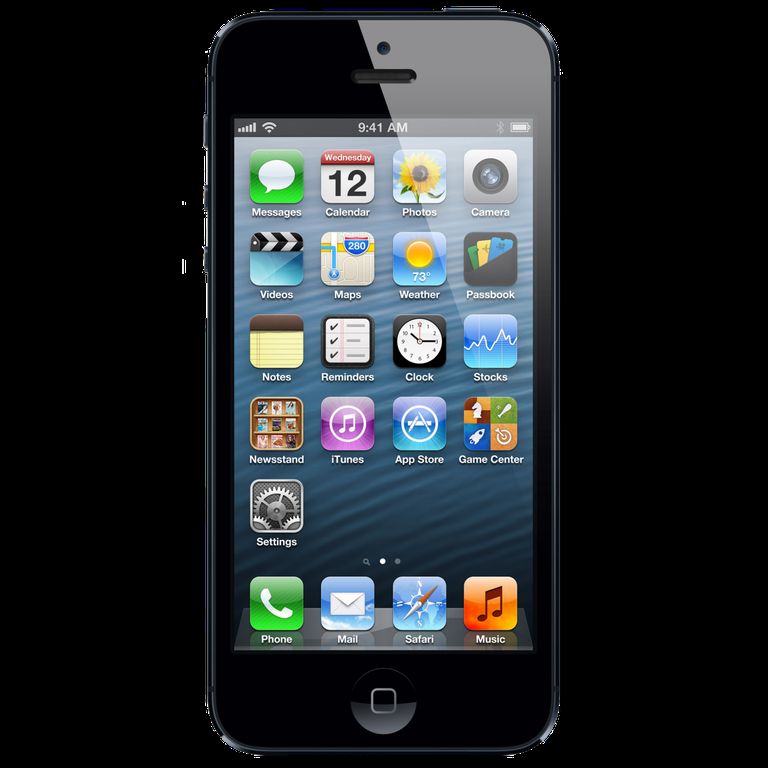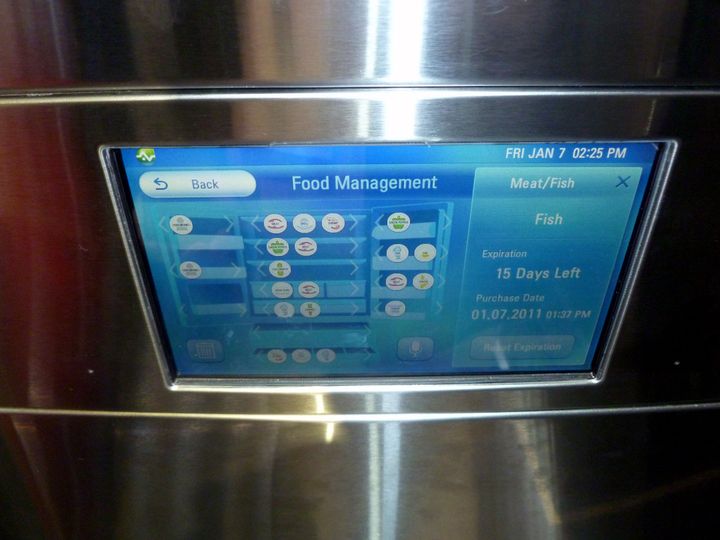
Think of a typical day -- the number of reminders you have to keep you on track. The bag you always hang on the doorknob to make sure you take the essentials to work. The list on your fridge to make sure you pick up the groceries you need. The Post-It notes on your computer, and of course the always-present buzz in your pocket. Text messages and e-mails, oh my!
This phenomenon is something that Natasha Dow Schüll, a professor at the Massachusetts Institute of Technology, looks at in detail. In fascination, she told the New York Times how we all used to have timers to remind us of important matters. (She, in fact, has a collection of these things in her office, relics of a time before smartphones or calendar reminders on our computers.)
“These are little shields against the temptations and fallibilities of being human," she said. And while she says there are uses for the technology, she also worries we may be a little too reliant on them.

Timers used to prompt us as to what to do next, but today's tech is far more sophisticated. Credit: Wikimedia Commons
Her argument isn't exactly a new one. Plato grew up in a time of great orators, of people who were known for persuasion by the power of their voices alone. In one dialogue featuring his mentor Socrates, Plato records the danger of writing. It could make us less willing to remember things and question facts we see, he warned. The argument seems laughable thousands of years later, but at the time it was a real worry.
And an argument could be made that in our busy lives, maybe it is a little much to remember exactly when you bought the milk and when it expires. After all, if you had a grocery service pick up the milk anyway and deliver it to your house, do you really want to take the time to examine each item of groceries to record the expiry date -- and to remember it when it comes to preparing your meals? Why not have the fridge do it instead?
Schüll's argument, however, is relying on such technology infantalizes us. Makes us less capable of taking care of ourselves. "There is this dumbing-down, which assumes people do not want the data, they just want the devices to help them,” Ms. Schüll added in the same interview. “It is not really about self-knowledge anymore. It’s the nurselike application of technology.”

Think of the number of apps prompting us every day. Credit: Wikimedia Commons
But with so many things for us to remember these days, can we be blamed for asking technology to help out? I faced a particularly hectic couple of weeks recently when the end of term came for some part-time school studies I'm doing. I was trying to cram some readings into my brain and to work an essay out of it. So I was careful to note reminders for things such as phone calls and bill payments in my calendar, and it really helped.
There also is the argument that taking these reminders out of your brain and into a device actually helps us function better. This is really the principle behind David Allen's Getting Things Done, which advocates using an impressive array of lists to keep track of not only your day to day items, but your long term goals and even your "someday" dreams like riding a balloon in the Alps!
What's the right balance of using technology to help you, and trying to remember it all yourself?
Top image: Is it scary that some refrigerators can tell you when food expires? Credit: Wikimedia Commons








